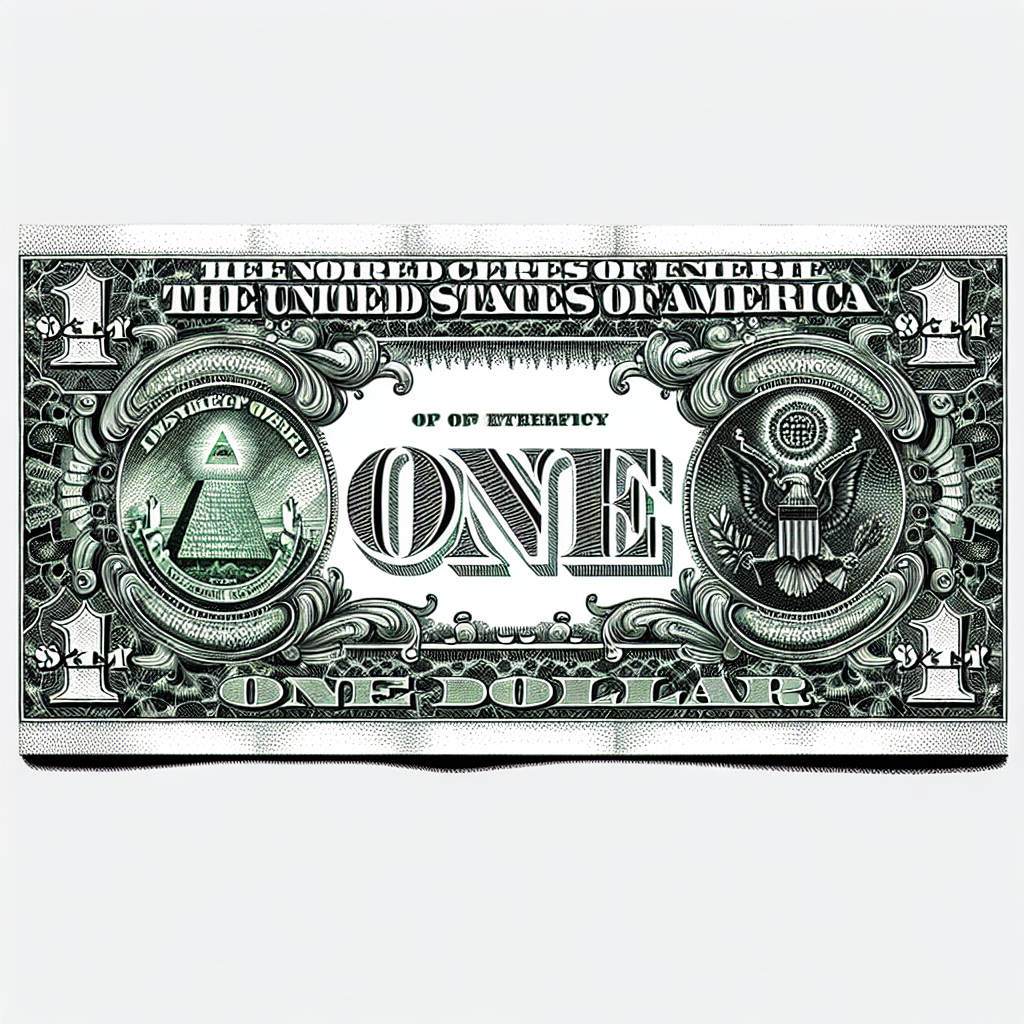Dollar's Decline amid Government Shutdown Sparks Market Jitters
The U.S. dollar fell to a one-week low as the government shutdown unsettled markets, threatening to delay key jobs data. Safe-haven currencies such as the yen and Swiss franc gained amid uncertainty over Federal Reserve and Bank of Japan rate decisions. U.S. labor data also showed mixed signals.

The U.S. dollar hit a one-week low on Wednesday in response to a government shutdown that rattled markets and cast doubt on the release of critical jobs data vital for Federal Reserve policy decisions. The shutdown started after the Senate rejected a temporary spending bill designed to keep the government operational.
The dollar index, which monitors the U.S. currency in relation to six major currencies, dipped by 0.2%. Market activities showed signs of safe-haven purchasing, benefiting low-yield currencies like the Japanese yen and Swiss franc, alongside stable U.S. Treasuries and gold assets.
Experts, including Rabobank's Jane Foley, expressed the complexity of determining whether the yen's strength was driven by safe-haven attraction or speculations surrounding a Bank of Japan interest rate hike. As the U.S. Labor and Commerce departments threaten to halt data releases, market focus shifts to private-sector economic indicators for insights.
(With inputs from agencies.)










